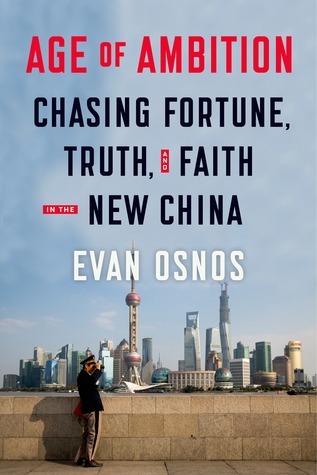More on this book
Community
Kindle Notes & Highlights
by
Evan Osnos
Read between
December 29, 2016 - June 11, 2017
In imperial Chinese law, the courts considered not only motive but also the damage to the social order, so a defendant received a harsher sentence if he murdered someone of a higher social rank than someone of a lower rank. Punishment was collective: judges sentenced not just the guilty individual but also family members, neighbors, and community leaders.
The Party, he declared, must “eradicate all tendencies towards disunity.” It organized people into work units and collective farms. Without a letter from your danwei (“work unit”), you couldn’t get married or divorced, you couldn’t buy a plane ticket
“To survive in China you must reveal nothing to others. Or it could be used against you … That’s why I’ve come to think the deepest part of the self is best left unclear. Like mist and clouds in a Chinese landscape painting, hide the private part behind your social persona. Let your public self be like rice in a dinner: bland and inconspicuous, taking on the flavors of its surroundings while giving off no flavor of its own.”


